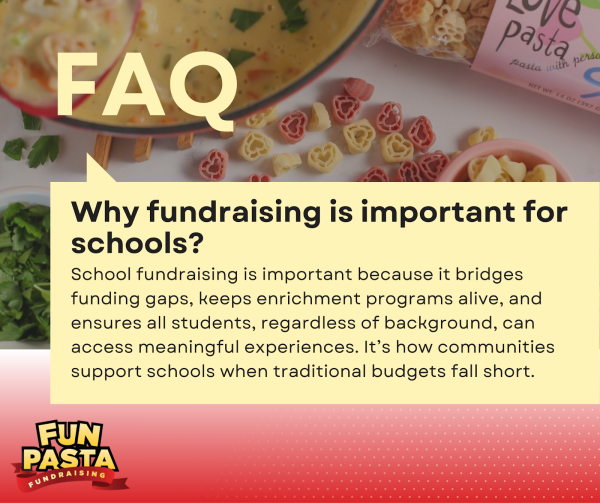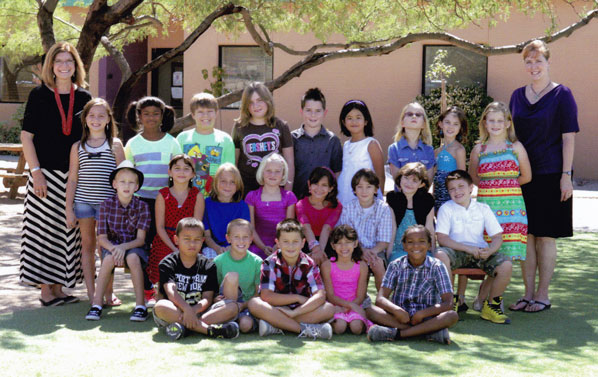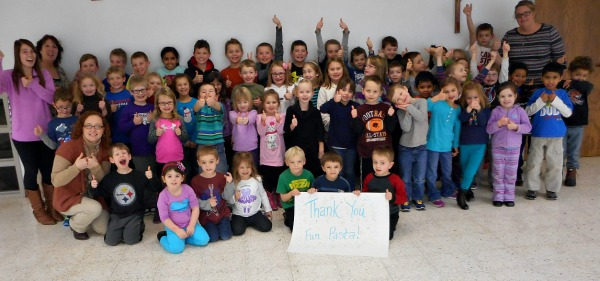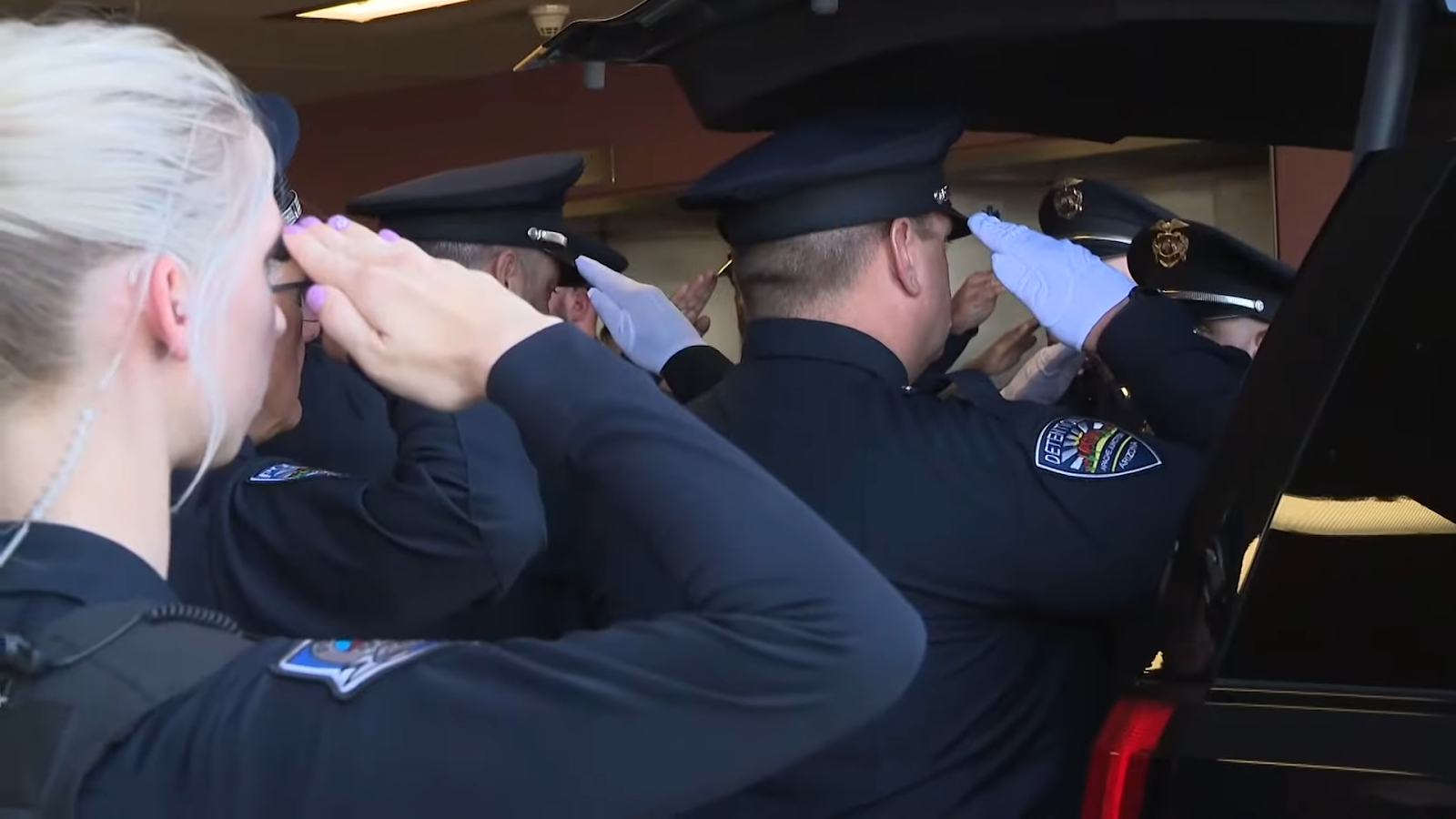Why Fundraising Is Important For Schools

School fundraising is important because it bridges funding gaps, keeps enrichment programs alive, and ensures all students, regardless of background, can access meaningful experiences. It’s how communities support schools when traditional budgets fall short.

While public funding covers the basics, vital programs like music, STEM, and after-school sports often rely on outside support. Fundraising helps preserve these opportunities and brings parents, teachers, and students together for a shared purpose.
Fun Pasta Fundraising makes it easy, with family-friendly products, fun custom shapes, and profits that make a real difference. No melting, no freezer trucks, just shelf-stable, U.S.-made pasta that’s a joy to sell and even better to share.
Want to see how school fundraising really impacts students, and how to avoid common mistakes? Let’s dig into what makes a campaign meaningful and how to run one that truly works.
The Reason Schools Fundraise

See how Fun Pasta Fundraising helped Satori Charter School meet their goals.
At first glance, many families ask a simple, honest question: “Why is this money even needed?”
In an ideal world, public education would be fully funded. But in reality, school budgets depend on a mix of local taxes, state funding, and federal aid, and that mix varies widely. Wealthier communities often raise more money through property taxes, while lower-income districts struggle to cover even basic needs.
This creates a troubling funding gap that impacts students’ daily lives.
Fundraising becomes the safety net. It’s how schools save programs that would otherwise disappear when budgets are slashed.
Common fundraising needs include:
- Art and music supplies
- Science kits and classroom technology
- Field trip scholarships
- Uniforms for school teams
- Safety equipment and playground updates
And while some ask, “Shouldn’t the government fix this?” the truth is: they try, but many schools still fall through the cracks.
We’ve seen this up close. From small rural schools needing gym equipment to urban classrooms missing tech, fundraising is what steps in, quickly and affordably, when students can’t wait.
What Fundraising Enables in Schools

See how Fun Pasta Fundraising helped Prince of Peace Early Education Center meet their goals.
Fundraising is the engine behind the experiences that shape a child’s school journey. When done thoughtfully, it unlocks opportunities far beyond textbooks and test scores.
Let’s start with enrichment. Programs like art, STEM, music, and theater are part of a well-rounded education. Yet many rely entirely on fundraising to survive.
We’ve seen schools use fundraisers to:
- Buy new instruments for their band program
- Bring in visiting scientists for hands-on STEM days
- Stage full musicals that build student confidence and creativity
Then there are the fundamentals, the tools students need to learn every day. When budgets can’t cover basic items, fundraising fills the gap fast.
Schools have used fundraiser profits to:
- Replace broken tablets
- Buy up-to-date science kits
- Upgrade worn-out classroom furniture
Fundraising also plays al role in inclusion. It ensures that no child is left out of important experiences due to financial hardship.
Funds often cover:
- Field trip scholarships
- Dance and camp fees
- Participation costs for sports and clubs
Beyond resources, fundraising strengthens school culture. It helps fund uniforms, brighten up playgrounds, and make school-wide celebrations possible. When students feel proud of their school, they show up more engaged.
And perhaps one of the most powerful outcomes is student leadership. Fundraising teaches kids how to set goals, plan events, and collaborate. They gain real-world skills and pride in their impact.
How Fundraising Builds Community

When a school launches a fundraiser, something magical happens. People come together. Over and over, we’ve seen how these efforts strengthen the very heart of a school: its community.
Fundraising encourages genuine collaboration between parents and teachers. Instead of connecting only during conferences or report card season, they’re working side by side toward a shared goal. That creates:
- Open communication
- Stronger relationships
- Long-term trust
Even more powerful? Fundraising gives schools a sense of identity and shared purpose. Whether it’s rallying to renovate a playground or fund a band trip, the entire school community is working toward something meaningful.
The ripple effect is undeniable:
- Students feel proud to contribute
- Families feel invested
- Staff feels supported
Fundraisers also bring out the best in the wider community. Local businesses often donate prizes or match contributions. Grandparents, neighbors, and alumni chip in simply because they care. When done right, fundraising becomes a celebration of collective support, and schools thrive in that kind of environment.
Common Mistakes (and How to Avoid Them)
After working with hundreds of schools, we’ve seen what works and what doesn’t. While many groups find great success, a few common pitfalls can derail even the best intentions. The good news is every one of them is avoidable with a little planning and heart.
1. Lack of Transparency
The #1 question we hear from parents: “Where does the money go?”
When supporters don’t know how funds will be used, they hesitate or stop giving altogether. Transparency builds trust.
How to fix it:
- Set a clear, visible goal (e.g., “New band uniforms” or “40 field trip scholarships”)
- Share updates regularly through emails, meetings, or your fundraiser dashboard
- Show the impact after the fundraiser wraps up, photos and thank-yous go a long way
2. Volunteer Burnout
PTOs and fundraising leaders are often juggling work, family, and school. When a few people do it all, burnout sets in fast.
How to fix it:
- Delegate tasks and roles to spread the load
- Set realistic timelines that don’t overwhelm
- Use tools that make life easier, like our online dashboard to track sales and share progress in real time
3. Choosing the Wrong Product
Parents are tired of overpriced candy and clutter that no one really wants. A great product makes all the difference.
That’s why we created Fun Pasta Fundraising:
- Pasta is practical it becomes dinner or a gift
- It’s shelf-stable, made in the USA, and won’t melt
- Families are happy to support it (without buyer’s remorse)
4. Forgetting to Tell Your Story
People give to people, not products. When schools fail to connect the fundraiser to a real, emotional outcome, they miss out on deeper support.
Make it personal by sharing:
- Who the fundraiser will help
- What the funds will make possible
- Why it matters to your school community
5. Skipping the Thank-Yous
Never underestimate the power of appreciation. Donors, volunteers, and especially students deserve to be acknowledged.
Simple ways to say thanks:
- A shout-out at an assembly
- Handwritten notes from students
- FeeA thank-you post on social media
Why It Matters, And Why It Should Be Fun
School fundraising is about opening doors and giving students the chance to play an instrument, explore science outside the classroom, or feel like they belong on the field trip everyone’s talking about. It’s about community, pride, and empowerment. And it’s about ensuring no student misses out simply because of where they live or what they can afford.
That’s why the right fundraiser matters. It should be inclusive, easy to run, and actually enjoyable for everyone involved.
That’s where Fun Pasta Fundraising shines.
With over 20 years of experience and a product that families love, we’ve helped plenty of schools turn their goals into wins. Our shelf-stable, U.S.-made pasta is a delicious, smart, and sustainable way to raise money with heart.
Let’s make your next campaign easy to run, fun to support, and meaningful for everyone involved.
